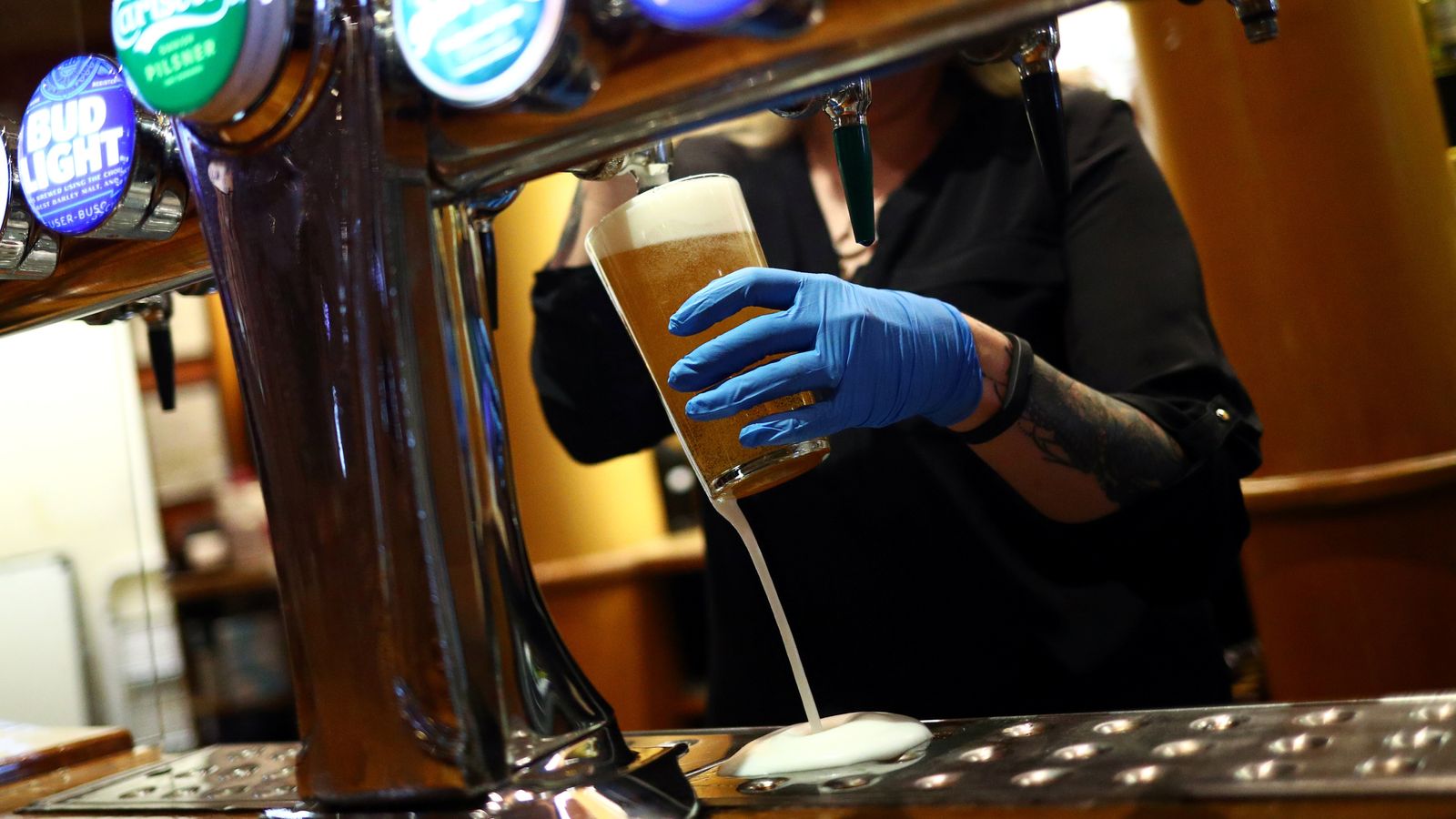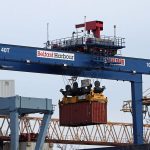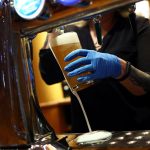Wetherspoons has suffered its biggest loss on record after coronavirus restrictions ravaged the hospitality industry.
The pub chain has only seen losses in three of its 37 years – 1984, 2020 and 2021.
The 12 months to 25 July were its worst to date, where the JD Wetherspoon group plunged to a pre-tax loss of £154.7m, up from £34.1m the previous year.
Latest COVID updates from the UK and around the world
Over the same period, sales sank from £1.26bn to £772.6m.
Despite this, founder and chairman Tim Martin said he was “cautiously optimistic” about the firm’s future financial prospects provided there were no further COVID-19 lockdowns or restrictions, which he branded “a threat to civil society and democracy”.
However, attracting staff has proved difficult in some areas, particularly “staycation” locations such as the far South West.
COVID-19: England’s R number rises slightly to between 0.8 and 1.1
COVID-19: NHS tests and scans in shopping centres and football stadiums to deal with backlog caused by pandemic
Butcher shortage causes backlog of 120,000 pigs that ‘should have been slaughtered and eaten by now’
On current trading, Wetherspoons reported in the past nine weeks sales were 8.7% below the levels for the same period pre-pandemic, but that this had continued to improve and was just down by 6.4% in the past four weeks.
Nevertheless, airport pubs remain subdued – down 47.3% – pulling down the overall figures.
Total employee numbers averaged 39,025 in the financial year, but had increased to 42,003 towards the end of September, indicating recruitment was working.
Mr Martin said: “On average, Wetherspoon has received a reasonable number of applications for vacancies, as indicated by the increase in employee numbers, but some areas of the country, especially ‘staycation’ areas in the West Country and elsewhere, have found it hard to attract staff.
“During the pandemic, the pressure on pub managers and staff has been particularly acute, with a number of nationwide and regional pub closures and reopenings, often with very little warning, each of which resulted in different regulations.”
He added: “In spite of these obstacles, Wetherspoon is cautiously optimistic about the outcome for the financial year, on the basis that there is no further resort to lockdowns or onerous restrictions.”
Pubs were one of the hardest-hit sectors during the coronavirus pandemic, facing lengthy closures and rule changes, although they have also been entitled to government support in furlough scheme payments, VAT holidays and local authority grants.
:: Listen and subscribe to The Ian King Business Podcast here.
They are now facing difficulties with supply chain problems caused by a shortage of lorry drivers.
However, the Leave supporting businessman did not mention the shortages, which have been partly blamed on Brexit, or any impact it was having on Wetherspoons.
But in comments deeply critical of the government’s handling of the crisis, Mr Martin said: “The biggest threat to the pub industry, and also, inter alia, to restaurants, theatres, cinemas, airlines and travel companies, relates to the precedent set by the government for the use of lockdowns and draconian restrictions, imposed under emergency powers.”






















